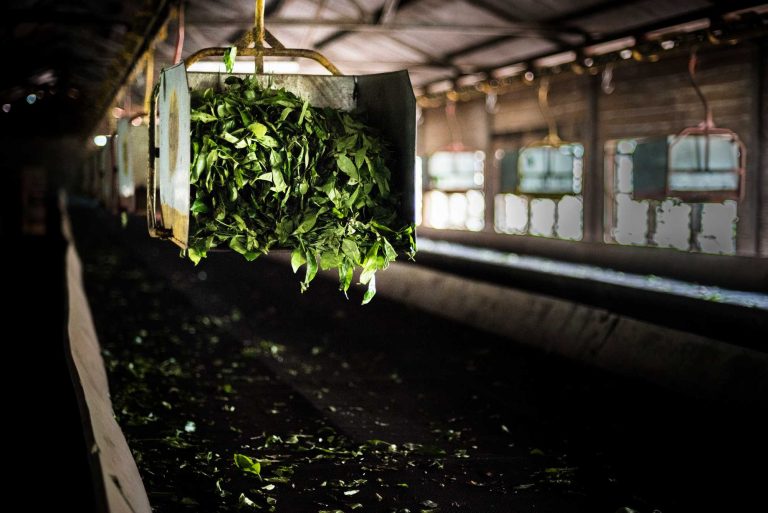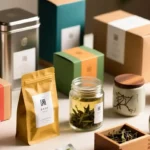For a private labeling client, a visit to a modern tea factory offers a deeper insight into the bespoke services and operational transparency crucial for their brand’s success. Beyond the general tea production process, clients should expect a dedicated focus on their specific product requirements, quality standards, and brand identity. The initial interaction often involves detailed discussions about their target market, desired flavor profiles, ingredient sourcing, and packaging specifications, setting the foundation for a tailored manufacturing partnership.
A key expectation for private labeling clients is the emphasis on product development and customization. The factory will typically have a dedicated R&D team or specialists who work directly with the client to formulate unique blends, source specific tea types or ingredients, and develop custom flavor profiles. This stage often involves iterative sampling, where the factory produces small batches for the client’s approval, ensuring the final product perfectly matches their vision. Discussions will also cover ingredient certifications, organic options, or specific ethical sourcing requirements pertinent to the client’s brand ethos.
During the actual production phase, private labeling clients should anticipate stringent quality control tailored to their specifications. While general quality checks are standard, the factory will implement specific protocols to ensure consistency for the client’s unique blend and product attributes. This includes monitoring blend ratios, ensuring accurate flavoring application, and verifying that the tea meets all agreed-upon sensory and analytical parameters. Clients may also expect detailed production reports and the option for third-party audits to verify compliance with their brand’s internal quality benchmarks and regulatory requirements.
The packaging and branding integration is another critical aspect. A modern factory catering to private label clients will possess the capabilities to handle diverse packaging formats, from custom-designed tea bags and pouches to elaborate gift boxes, all incorporating the client’s specific artwork, branding, and labeling. This stage involves close collaboration to ensure packaging materials meet quality standards, branding elements are accurately reproduced, and all necessary legal and nutritional information is correctly displayed. Confidentiality regarding proprietary blends and branding is paramount and should be a clear expectation.
Finally, private labeling clients should expect a relationship built on ongoing support and logistical efficiency. This includes clear communication channels for order processing, production scheduling, and inventory management. Factories often provide assistance with export documentation, shipping logistics, and warehousing solutions. Furthermore, a good private label partner will offer continuous market insights, suggest new product innovations, and provide consistent customer service to facilitate seamless reorders and support the long-term growth and evolution of the client’s tea brand.





